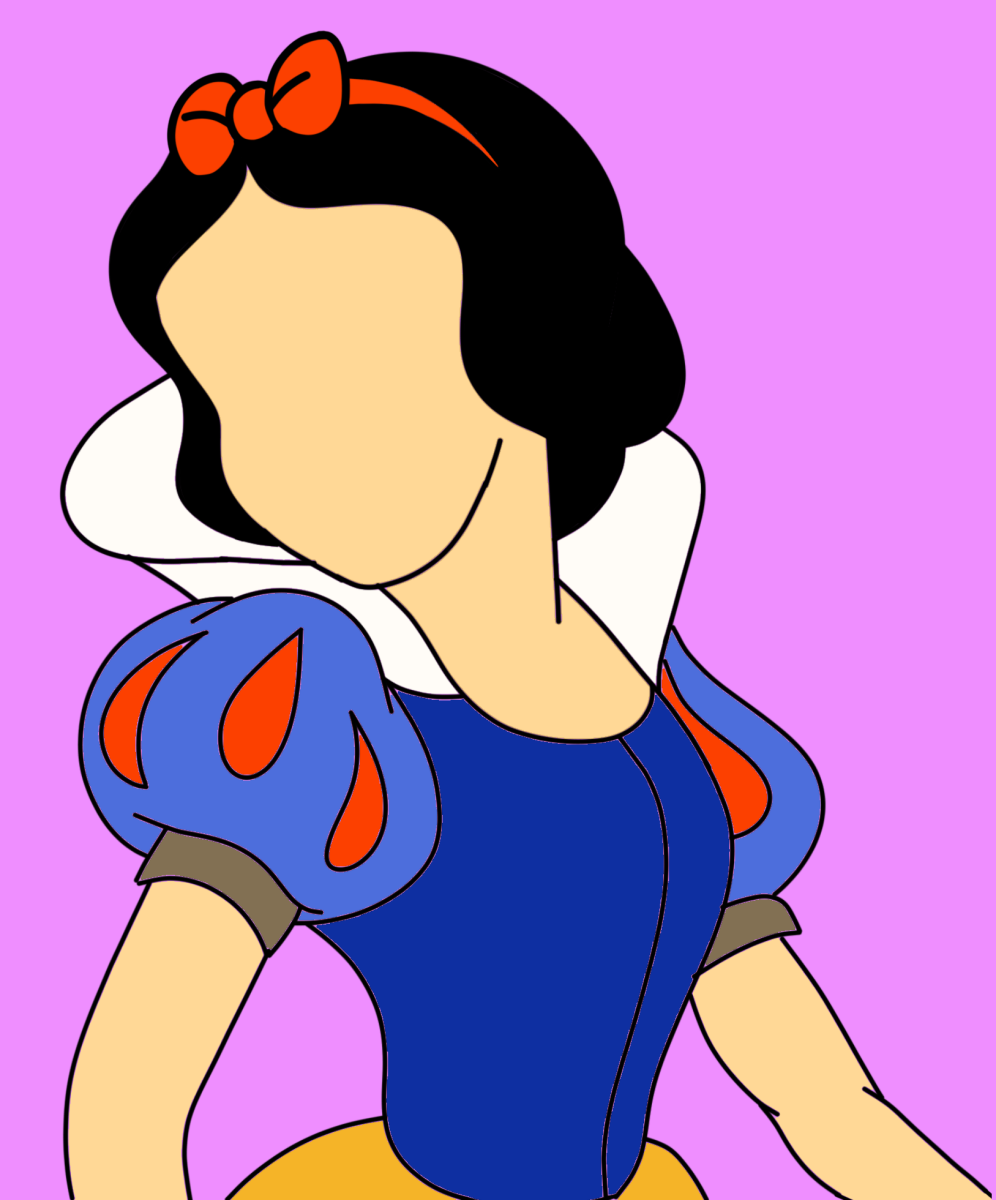Anyone who’s even slightly informed about upcoming movie releases will have noticed how live-action films have become one of the most produced genres in the past year. This type of film, which recreates famous and classic animated movies using real-life actors, is generating more controversy than one might expect.
Why all the backlash? Not everyone seems convinced about the quality of these films, which are often described as inaccurate or lacking originality, magic and expressiveness – qualities that fill the beloved, old, animated versions.
The real storm of criticism and commentary, mostly directed at Disney live-actions, began with the release of The Little Mermaid, in which the princess, originally red-haired and fair-skinned in the animated version, was portrayed by actress Halle Bailey, who is dark-skinned.
Some appreciated Disney’s revolutionary idea, aiming to show a willingness to embrace inclusivity and minority representation, which had been largely absent in the past. Others questioned whether these supportive statements were sincere or just a bland marketing move for financial gain? It’s uncertain, but many people saw it exactly that way.
This wave of hate hasn’t stopped there. In fact, even the new Snow White live-action, released March 20 of this year, has received a fair share of criticism. These comments haven’t only targeted the princess, played by Rachel Zegler, an actress of Colombian descent, but also the seven dwarfs. Disney announced that there won’t be the traditional seven dwarfs, but instead “magical” characters of various heights, ethnicities, and genders. As expected, this news was not well received by those who had hoped for a live-action that stayed as close as possible to the original cartoon.
Dustin O’Donnell, a film teacher at TuHS, commented on the outrage directed at Disney.
“I think actual criticism done by actual critics is always a good thing, but I think that online trolls who typically just don’t like anything positive about the film is a real problem.”
O’Donnell also explained what he felt should be the purpose of live-action films.
“I think innovation is cool, and taking an idea and updating it in an effort to give to new people is always a good idea,” he said. “As long as it’s done sincerely, that’s nice. When it’s done insincerely or too often, that is when it’s probably time for a break. It’s okay if they take three steps back and make different movies.”
In the end, live-action remakes remain a divisive topic — some see innovation, others see loss. Whether Disney’s efforts are bold steps forward or marketing dressed as progress, one thing is clear: audiences are paying attention.





